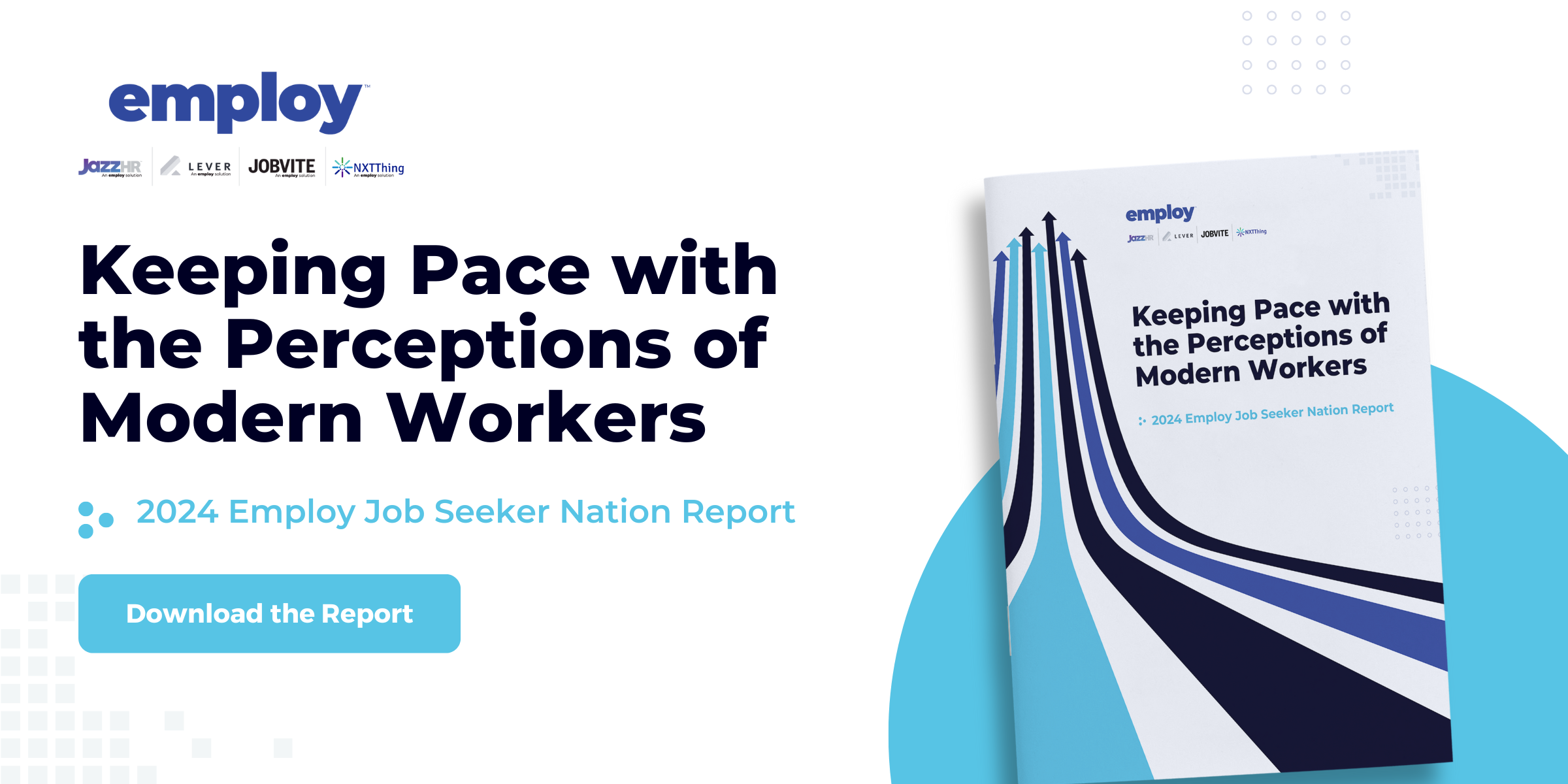Each year, when Mother’s Day comes around, I get slightly anxious. I am the mother of two amazing kids, with a loving and supporting husband. Yet I find myself sometimes dreading the actual celebration itself. The flowers are beautiful, the gifts are lovely, and breakfast in bed is perfect.
But while Mother’s Day is a pause for recognizing the contributions, love, sacrifices, and support that mothers everywhere provide, I can’t help feeling that it seems somewhat fleeting.
I am definitely not trying to seem cynical. I truly appreciate the gratitude that is shown each May. Yet I can’t help but wonder, what if moms everywhere — working onsite, working from home, or managing the home — were recognized every day for their contributions and impact?
Data on women and mothers in the workplace
Based on a report from UN Women, women’s economic empowerment is a major contributor in boosting productivity and growing the economy. Even more, achieving economic equality for women by providing employment and leadership opportunities benefits organizations directly.
McKinsey & Company indicates that “companies with three or more women in senior management functions score higher in all dimensions of organizational performance.”
But when it comes to mothers, according to the latest BLS data released in April 2024, the labor force participation rate of all mothers with children under age 18 was 74%. This compares to the participation rate for fathers with children under age 18 at 93.4%
More telling, mothers with young kids are less likely to participate in the labor force than mothers with older children. In fact, only two out of three moms with young children are currently working.
With this data in mind, what should your organization’s response be when it comes to moms in the workforce?
How employers should respond to working moms
A recent Forbes article may have best summarized the challenges moms face when it comes to working mothers:
Companies have invested in the training and education of their female workforce only to find that when they become mothers, a leaky pipeline of talent begins. This has led to an unconscious bias against women, and specifically mothers, which has had huge economic implications.
Collectively, organizations must press to keep women working even as they become mothers, and more importantly, create policies and programs that support them.
How does this look? It means creating a culture of inclusivity, flexibility, and accommodation through flexible work hours, supportive leave policies, remote and hybrid work options, mental health services, counseling, and other employee assistance programs that directly affirm women in their roles.
It also means your leadership team and managers purposefully recognizing and supporting women in the workforce for their unique contributions and situation.
Interestingly, the same Forbes article also mentions that 47% of moms contribute more than half of their overall household income. But despite being the primary earners in their families, “mothers continue to bear both the physical and mental load of motherhood disproportionately more than their partners.”
Without addressing issues like the motherhood penalty, affordable childcare, parental leave, and creating flexible work options that enable working mothers to integrate their work and mothering responsibilities, women will continue to leave the workforce at a higher rate than men.
Second, it means developing and focusing on diversity, equity, and inclusion.
Create a welcoming environment for all people that is inclusive of all walks of life — from age, race, sex, gender identity, religious affiliation, parental status, disability status, military status, and neurodivergence.
Companies can no longer ignore mothers in the workplace. Instead, they should prioritize the clear advantage and perspective that women bring, making it a strategic imperative to empower women. Because when they do, women lift up economies and build more high performing organizations.
By creating an environment where women feel welcome, supported, and recognized for their contributions both within the organization — and outside of work — employers will see increased employee engagement, loyalty, productivity, and innovation.
How recruiters can encourage mothers to apply
As recruiters and talent acquisition professionals, it is essential to provide an optimal candidate experience to attract, nurture, and hire top talent. A positive candidate experience really comes down to the relationship or interactions candidates have with your employer brand.
Any time candidates visit your website, view content, read a job description, or apply for a job, they are interacting with your company. And your goal is to create the most optimized and engaging experience for candidates so you can build the best workforce for your brand.
How does this relate to mothers in the workforce? Well, for starters, think about the types of people your organization features on your career site today:
- Are you showing working parents and telling their stories?
- How does your culture support mothers in particular?
- What about offering personalized job recommendations and content?
- How can you prioritize working parents as a strategic audience for recruitment?
- Do you have employee resource groups internally in your organization?
Are you giving mobile-optimized sites that meet working mothers where they are? Taking it a step further, have you simplified the application process down to its easiest level and provided easy to schedule interviews for busy moms looking for new roles?
Perhaps more unconscious, are you potentially eliminating mothers who have employment gaps in their resume without digging deeper on why those gaps exist? One study suggests the chances of getting an interview fall by more than 50% after two years out of the labor force.
Are you addressing the pay disparity that exists between men and women, where according to Bureau of Labor Statistics data, women earn just 82 cents for every dollar a man earns?
Addressing this type of unconscious bias and the motherhood penalty that inherently exists in the workforce is vital if talent acquisition professionals are to pave the way forward for working moms.
Keep working mothers’ needs top of mind in your recruiting and hiring processes
The 2024 Employ Job Seeker Nation Report provides recent insights into the motivations of workers today, including working parents across the country.
Specifically, for workers with children under age 18, 48% are actively looking for a new job, with 52.5% of these working parents looking for greater flexibility and remote work capabilities. That means one out of two working parents is considering leaving your company right now.
As you connect and engage with talent, ensure working mothers are treated with the respect and dignity they deserve throughout the hiring process. And don’t forget to celebrate the mothers in your life each day.





